Worms (worms) are one of the problems that parents face worldwide. This is a very serious problem that needs to be addressed quickly. Worms are worms that belong to the group of parasites. They parasitize the human body and disrupt the functioning of organs and systems. Fungal and nematode worms are more common in children.
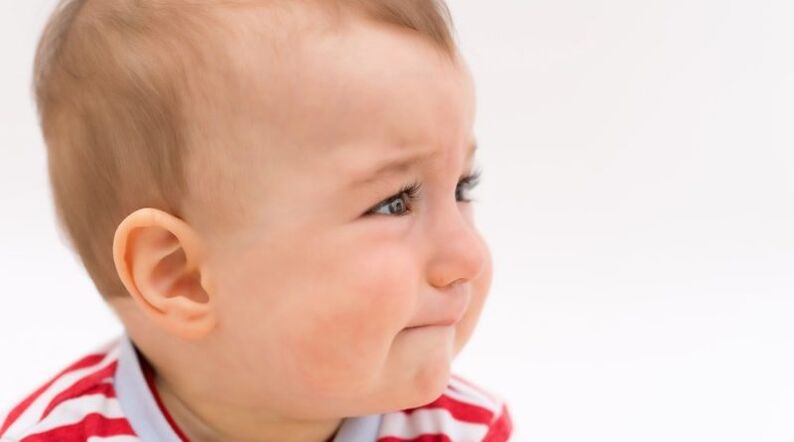
If you develop symptoms of helminthiasis, contact your doctor immediately for effective treatment.
Causes of worm infection in children
Because of their natural agility and curiosity, children often come into contact with the world around them and everything that lives in it. The list of common causes of infection is quite impressive.
Contact with contaminated surfaces
Worms and their eggs survive up to two weeks without food.
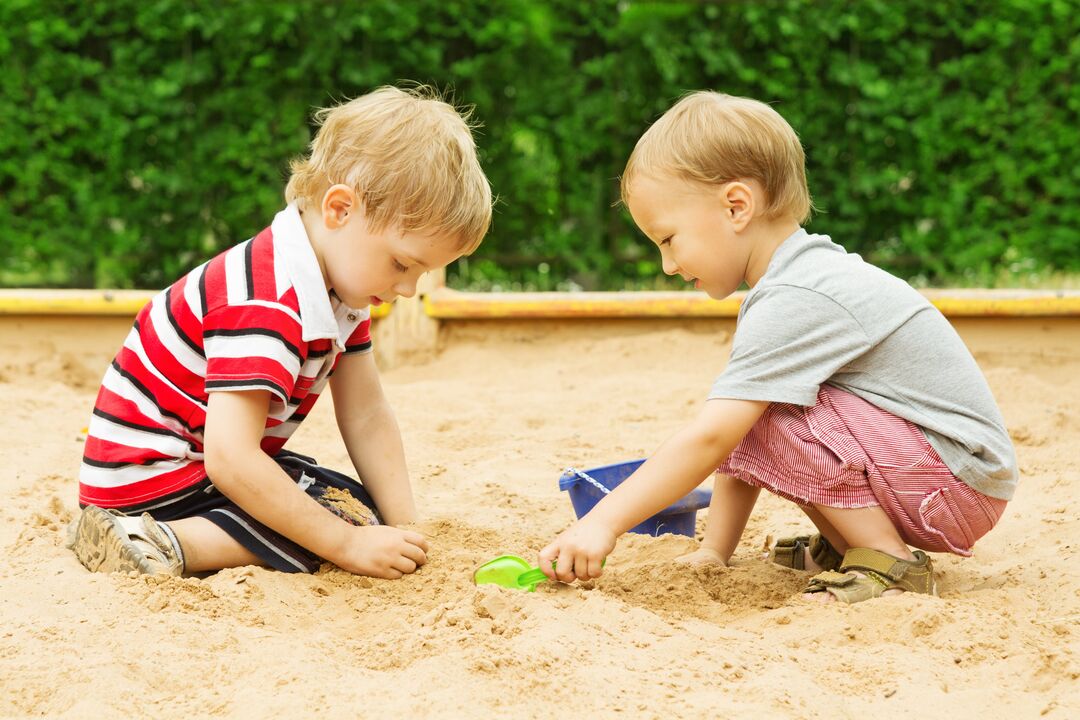
The most common places where a child can become infected with worms are:
- soil containing worms or eggs in the playground or outdoors;
- contact with animals or contact with their faeces, infected with worms.
Consumption of food or water contaminated with worms
It is very important to wash vegetables and fruits thoroughly before consumption because they contain wormwood.
Raw or poorly cooked foods also carry the risk of worm infection. Contaminated water is a very common source of contamination.
How to contact
Worms spread from humans. Fungal worms usually spread this way, so there is a very high risk of worm infection in groups of children.
Insect bites
Mosquitoes are often carriers of the infection.
The presence of worms in the mother
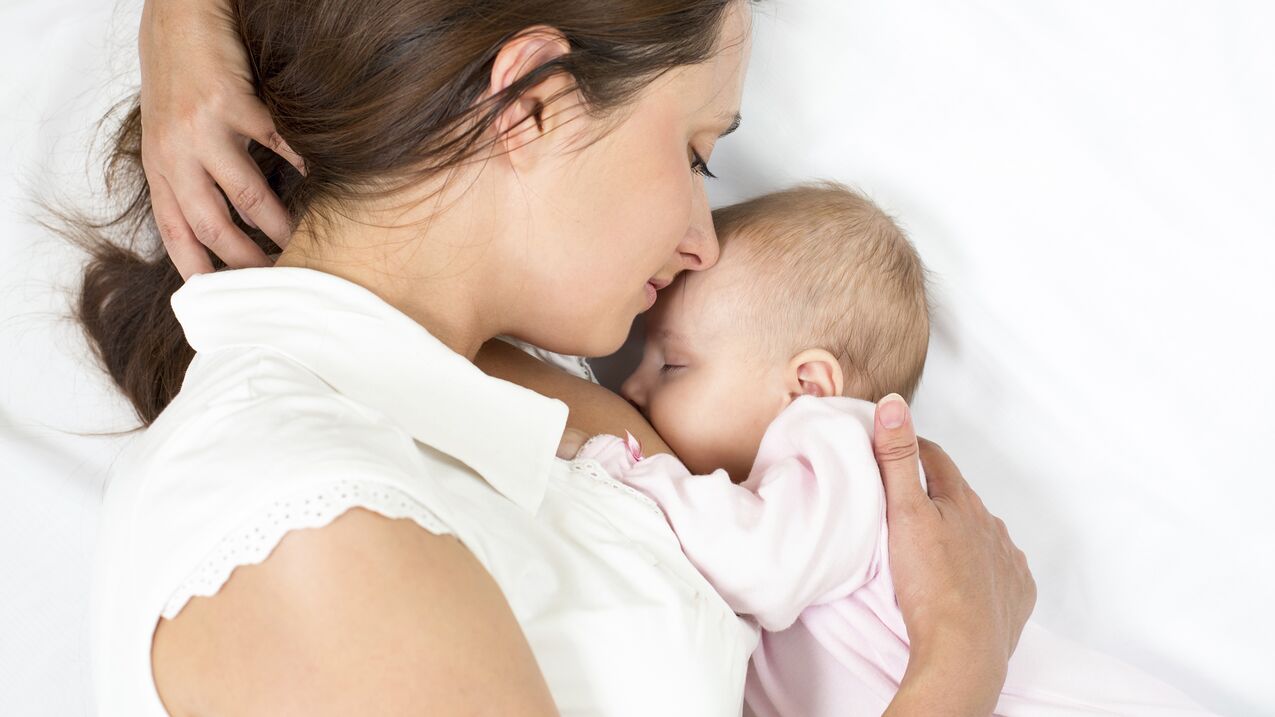
Infection of the baby is possible even during pregnancy, when the infection occurs in the womb. The larvae of helminth samples enter the fetal bloodstream through the placenta or the birth canal during childbirth. The eggs of parasites reach the child from the surface of the nipple, toys and other objects.
Worm infections are more common in children than in adults. Worms are less common in children under one year of age than in children 1, 5-3 years of age, who actively explore the world, taste various objects, and become much more infected.
Helminthiasis is dangerous at any age. Worms are a special case in a one-year-old child because the baby's body is not yet mature, the immune system is weak, and the presence of the worms can cause common acute respiratory illnesses, predispositions to allergies and diseases in children. about internal organs.
The presence of worms in infants is a major health problem because the worms feed on the substances needed for the baby to grow and develop fully.
Symptoms of worms in children
In children, the signs of worms depend on the habitat and activity of the worms in the child’s body. The most common worms — spindleworms, dumplings, tapeworms in infants — live in the gut, but some parasites can move from organ to organ. For example, roundworms first get into the stomach and from there into the lungs or liver. They grow there for three weeks and then re-enter the intestines or stomach.
Worms often live in the anus, causing severe itching. In girls, they are found in the genitals, causing vulvovaginitis.
Opisthorchis parasites often live in the liver and pancreas. Echinococcus can affect muscles and bones, with chains even penetrating the brain. In addition, there are certain types of helminths in the respiratory tract that cause persistent coughing.
How to understand that a child has worms?
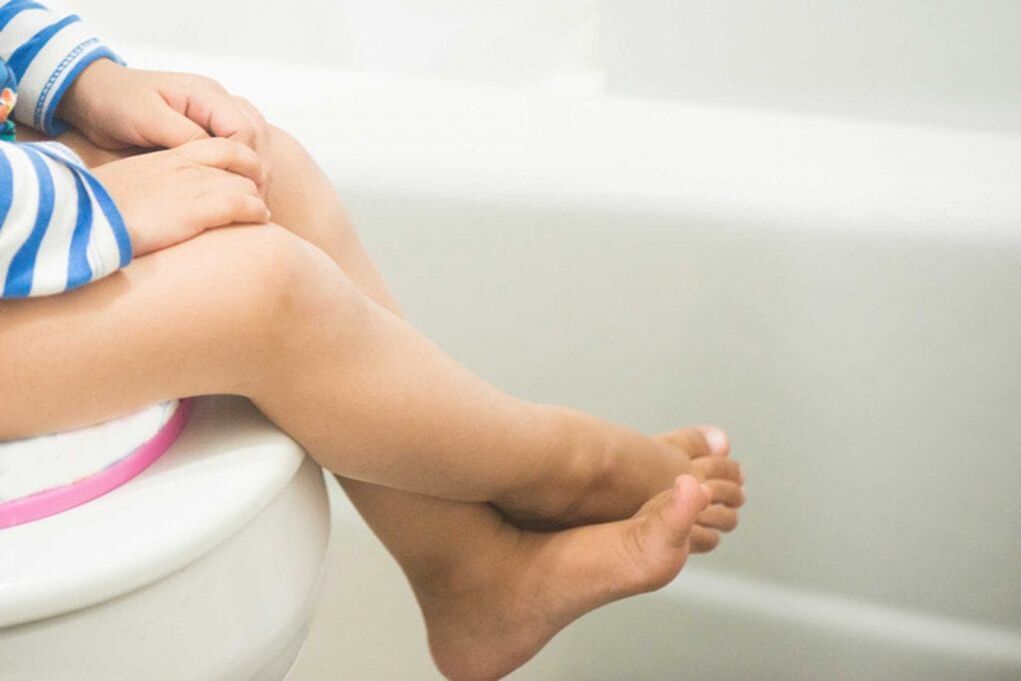
Depending on the location of the worms in children, the following signs of worms may appear in the child:
- Constipation.Large worms can block the lumen of the gut, which impairs the flow of feces. Constipation can last for more than 2 days.
- Diarrhea.Some parasites secrete a special substance that stimulates the body to excrete undigested food particles and large amounts of water.
- Irritable bowel syndrome.Helmet samples can cause inflammation in the intestines. This causes nutrient absorption and irregular bowel movements.
- Puffiness.Some types of helminths induce fermentation processes in the small intestine, which causes excessive gas formation. If you don’t get rid of the worms in time, the bloating can take months.
- Pain in the joints and muscles.This happens when parasites penetrate a joint or the thickness of muscle tissue and destroy it.
- Allergy.The waste products of worms can activate special cells in the body that are responsible for the occurrence of allergic reactions.
- Worms can cause skin diseases.Acne, hives, papillomas and diathesis appear. Sometimes infection of worms leads to increased fragility of the hair and nails.
- Anemia.Some worms are able to stick to the intestinal wall and get not only nutrients but also blood from them. Because of this, the child develops anemia, which is diagnosed with a clinical blood test.
- Change in body weight.Usually, infection of worms results in a sharp drop in body weight as the worms absorb more nutrients that enter the body through food. Helminthic infection often causes anorexia due to the entry of toxins into the bloodstream. But often a child experiences weight gain - a defensive reaction to the spread of worms.
- Nervous system disorders.The child shows cozy and irritating behavior. Depression can develop as a background of helminthiasis in school and adolescence.
- Sleep disorders.If a child wakes up every night, it may indicate a process of infection. At night, certain types of worms leave the body through the anus, accompanied by severe itching that prevents the baby from sleeping.
- Jaundice.More common in tapeworm infections.
- Chronic fatigue syndrome.The child is constantly weak and tired quickly due to lack of nutrients in the body. Memory disorders develop, emotional stress and drowsiness develop.
- Immune disorders.Due to helminthiasis, children often develop viral illnesses and have allergic reactions to common foods. In the intestine often develops dysbiosis, inflammation of the colon, on the face - rashes, diathesis and herpes.
- Respiratory problems.They occur when the larvae of worms attack the lungs. In worms, children cough and their body temperature rises. Bronchial asthma is an extremely dangerous complication of worm invasion.
Many of the symptoms of worms in children make diagnosis significantly more difficult. Therefore, parents should remember the usual preventive tests, including tests to determine the presence of pinworms and ascaris.
Common worms in children
- Pinwormscauses itching around the anus, painful urination.
- Ascaris.In case of ascariasis, diarrhea is observed, the worms are visible to the naked eye in the child's stools. Fever and dry cough can be seen within 4-16 days after contact with tapeworm eggs.
- Ankylostoma.The child coughs, wheezing appears. With severe infection, anemia and chronic fatigue develop.
- Tapeworms.They get into the body with contaminated food and water. Ingested worms move out of the baby's intestines and form cysts in the tissues and organs of the body.
How to identify worms in a child?
Abdominal pain, lethargy, and diarrhea can also be symptoms of other diseases. In order to make sure that these are signs of helminthiasis, some tests should be performed to detect worms in children:
1. Blood test for worms in children.
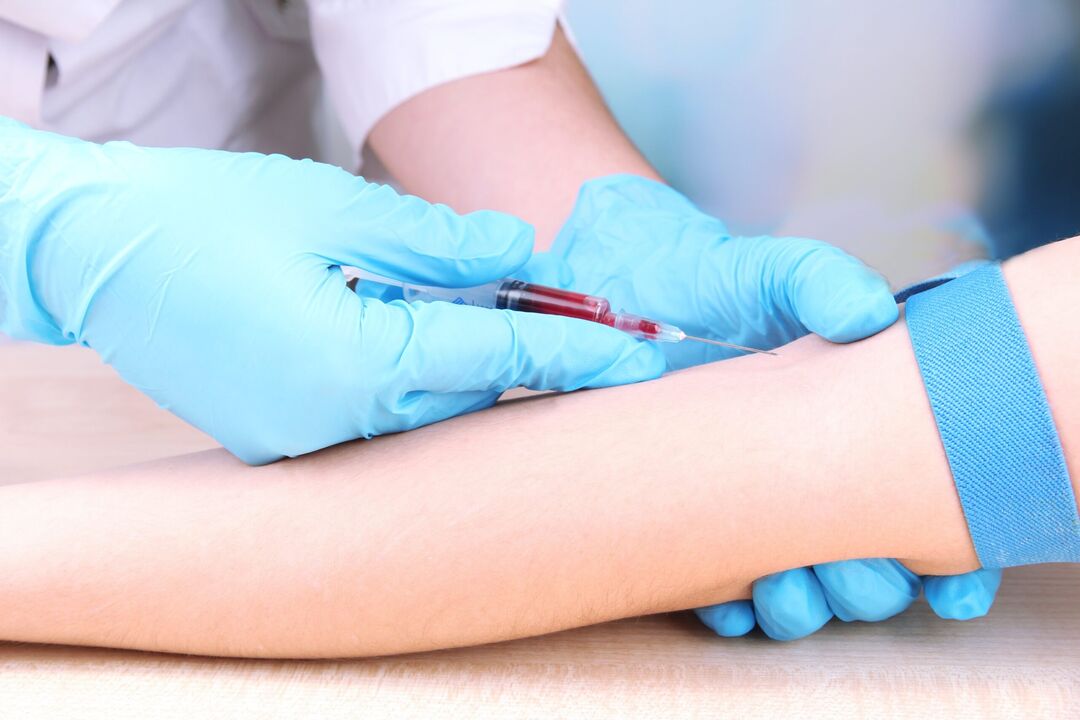
Enzymatic immunological testing of worms is required. The test identifies specific antibodies and antigens that indicate the presence of worms in the body. This analysis shows the type, number, and ability to reproduce of the worms present.
To diagnose worms, a general blood test is performed to identify signs of anemia or inflammation in the body.
2. The exact result is obtained using a histological coprogram
This consists of a microscopic examination of the stool. Thanks to this examination, the body parts and eggs of the worm can be clearly identified. As a result, they are diagnosed with helminthiasis as well as the type of worms.
3. X-ray and other diagnostic measures
If there are suspected worms in the lungs, an X-ray is prescribed. In addition, a sputum test is performed. Computed tomography or ultrasound is performed to identify parasites in the liver, brain, or kidneys.
How to get rid of worms in children?
To effectively treat your child's worms, contact a parasitologist and follow his or her recommendations.
Self-medication with anthelmintics for children is unacceptable because they are quite toxic. Also keep in mind that penetrating different types of worms requires personalized treatment that is structured according to the life cycle of the worm. The patient's age and weight should be taken into account by the practitioner when calculating the dose.
Your doctor may prescribe an anthelmintic, which is available as a syrup for young children or as a tablet for older children.
Anthelmintic tablets for children usually kill the worms without harming the host, in this case the child. The treatment period is usually short and does not last more than a few days. Sometimes one dose is enough to get rid of the crumbs of worms.
But many drugs are ineffective against worm larvae and eggs. In addition, there is a fairly high risk of re-infection of young children with fungal worms. Therefore, the treatment should be repeated after 2-3 weeks.
If the child has worms, a specialist may prescribe choleretic medication in parallel with etiotropic drugs if the worms are suspected of living in the gallbladder. Laxatives are often prescribed to quickly remove sorbents for the absorption of helminths and toxins. Antihistamines can reduce the onset of allergies and improve the health of the little patient.
Treatment of helminthiasis in infants is very difficult. Almost all anthelmintics are not used for children under the age of two because they are very toxic and have many side effects. The damage to the body caused by the consumption of such drugs can be significant even at the slightest overdose. Therefore, self-treatment of helminthiasis in children of the year is not allowed at all.
If a baby is suspected of having worms, a specialist should be contacted to determine the extent of the infection and develop a treatment regimen that works in this case. In some situations, your doctor may also recommend that you delay treatment for a short time for your child to grow up.
Do not rely on over-the-counter medications as they may not be suitable for infants and young children. Always consult your doctor and follow the dosage and treatment schedule to get rid of worms in your child. It is recommended that anthelmintic tablets be used for prevention every six months in children. Talk to your doctor about what to give your baby to prevent worms, and the specialist will determine the dose and frequency of preventive deworming.
Folk remedies for worms in children
Together with medications, treating children’s worms with folk remedies will help alleviate the discomfort caused by worms in the body. A natural cure for worms does not necessarily remove your child’s worms, but it helps treat and prevent infections.
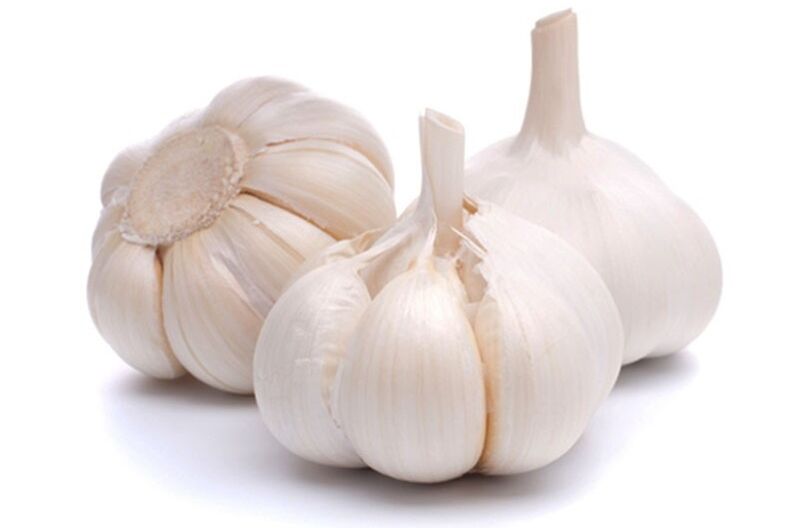
Consider folk remedies:
- Garlicnatural anthelmintic for children. It is known to be effective against parasitic worms. Raw garlic contains the amino acids, sulfur, which help kill and rid the body of parasites. Consuming three cloves of raw garlic on an empty stomach helps with complex deworming.
- Papaya- the best cure for health. In immature papaya, there is an enzyme called papain that has an anthelmintic effect and kills worms in the intestines. In addition, papaya seeds are used to expel worms from the stomach. Grind the papaya seeds and mix a tablespoon of the mixture in warm milk or water. Ask your child to have a drink in the morning for three consecutive days. Mix a tablespoon of raw papaya and a tablespoon of honey in warm milk or water. Consuming this drink on an empty stomach will help expel intestinal worms.
- Pumpkin seedshelps to empty the intestinal parasites. The seeds contain cucurbitacin, which paralyzes pests and makes it harder for them to survive in the body. Give your child a spoonful of pumpkin seeds with honey. Boil a spoonful of peeled and crushed pumpkin seeds in three glasses of water. Let the drink stand for half an hour. Give it to the child when the liquid has cooled down.
- Chinese bitter.Although it has a slightly sour taste, it is very effective in fighting intestinal worms. Mix a cup of bitter pumpkin juice with water and honey and feed your baby twice a day.
- CarrotIt contains vitamin A, which strengthens the immune system and allows the body to fight off intestinal worms before they are fully established in the body. Consuming carrots on an empty stomach helps to neutralize the parasites that have become established in the body and prevents re-infection.
- Curcumais a natural disinfectant and helps remove all types of intestinal worms. You need a glass of warm water mixed with a spoonful of turmeric to give your child worms once a day for five days.
- Coconutit has strong antiparasitic properties, making it effective in treating worms. You can use fruit or oil to kill the worms. Ask your child to eat a tablespoon of ground coconut with breakfast daily. Use this home remedy for a week. Concentrated coconut oil contains medium-chain triglycerides that help remove worms from your baby’s body. Consuming 4-6 teaspoons of coconut oil every morning for a week will boost immunity and prevent the recurrence of worm infections.
- Carnationit kills existing intestinal worms and their eggs and also prevents future infections. Add a teaspoon of cloves to a glass of hot water and let stand for 20 minutes. Drink this water three times a week to avoid dirt.
- Onion juicehelps fight worms. The onion is removed and finely chopped, removed from the onion mixture. Take it in the morning on an empty stomach.
- indian purpleit has antiparasitic properties and can kill various intestinal worms. Mix the powdered leaves in warm milk and honey. Offer it to your child twice a week.
Traditional home remedies can help alleviate the infection, but they cannot completely cure it. They are not a substitute for prescription drugs.
Prevention of worms in children
Children playing in mud, sand, grass and other open areas are more likely to become infected with worms. While worms can be eliminated by deworming, it is best to prevent infection if possible.
Hygiene is critical here. Teach your children basic hygiene habits and inform them about how worms get into their bodies and how they get sick.
Prevention of worms includes the following measures:
- Do not give children raw water from springs or wells. This water must be filtered and boiled before use.
- Wash hands thoroughly with soap after contact with soil.
- It is also worth washing the vegetables, herbs, fruits, berries that the child and other members of the family consume.
- It is important to heat the meat, fish and poultry thoroughly.
- Do not offer your child dried, salted or raw food that has not been cooked.
- Take a shower after swimming in water. Do not allow pets to lick your child's hand or face, as their tongue may contain wormwood.
- Wash hands thoroughly after each contact with animals.
These precautions do not rule out the possibility of infection with helminths, but minimize it.



























